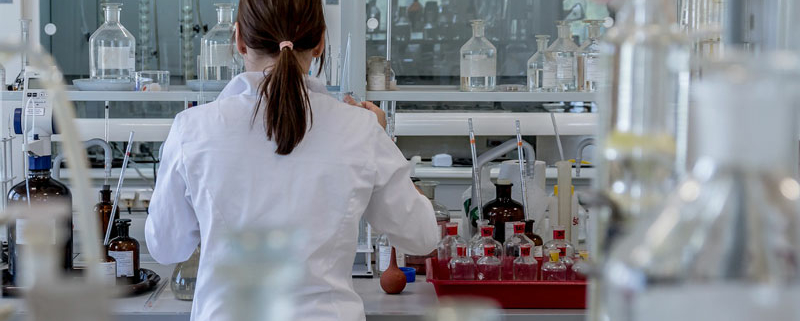
You May Be Surprised at What the Research Says
Hardly a day goes by that I don’t hear an educator grumble about “the evils of testing.” You know what I mean: the evil empire of state and national tests that drive staff and kids into stressful zombies who learn only test-taking skills and to dislike school.
Along with, “How’s the weather?” the testing complaints have become the single common denominator in conversations about kids and learning. But what if everything you believed about testing was wrong? What if the actual science behind it was different than what you thought?
Is your school a Title 1 or Title II school? Are you struggling with raising achievement in kids who grow up in poverty?
One solution is the new ASCD book, Teaching with Poverty in Mind just released. But several, brand-new discoveries in neuroscience are now spring-boarding a revolution in how we can change the student and the school for low-income students. I’ve just had to completely reinvent my already cutting-edge workshop on poverty.
You can get it two ways: 1) Attend our 4-day event this summer for details) or, 2) bring me to your school. Yes, I am now offering this breakthrough event to individual schools (like yours). My available dates are scarce, but the kids at your school deserve to achieve. I’ll show your staff exactly how to do it. If you want to start seeing dramatic results at your school, contact my wife Diane at diane@jlcbrain.com
Here’s what the genuine “real deal” research says about our brain, testing and learning.
First of all, let’s be clear about it: there are many, many types of testing. We don’t need to list them all here, but there are as many types of testing as there are types of learning.
The list might include:
1) objective and subjective
2) abstract and concrete
3) deductive and inductive
4) classroom or “on-site” real world
5) recall or constructive knowledge
6) priming quality or in-depth knowledge and
7) etc.
In short, one must be very, very careful about generalizing the results of one type of testing to ALL types of testing.
So, given these variables, what does the research say? Read more





